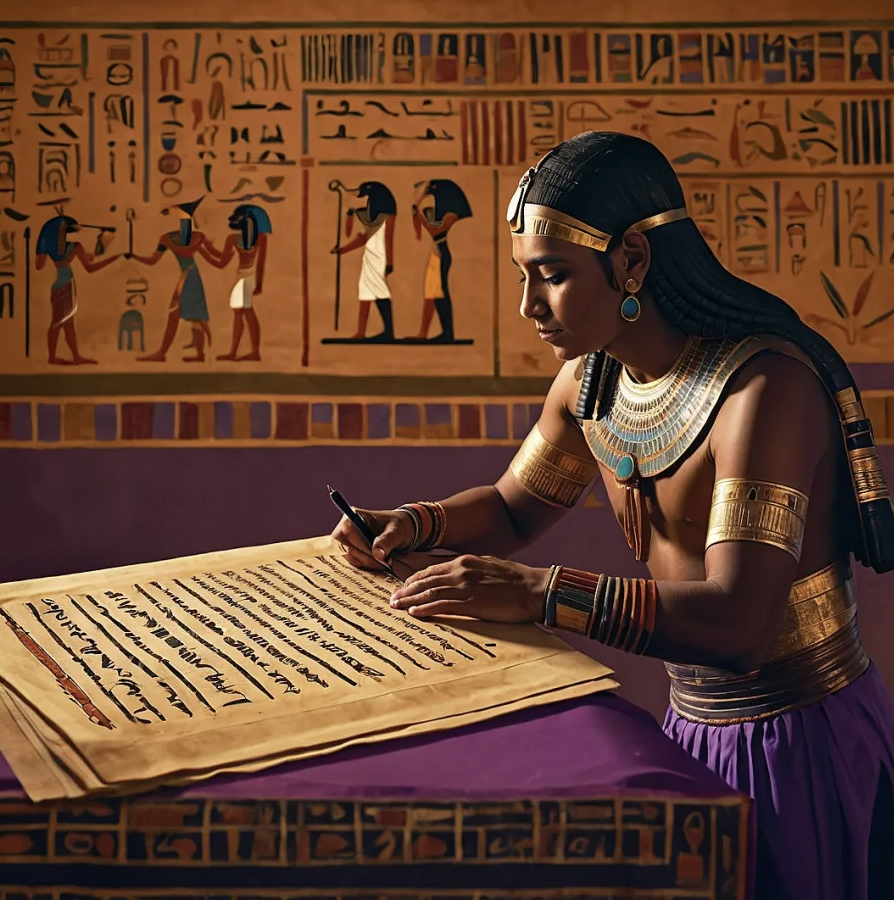As the world of NFTs continues to expand beyond digital art and into literature, more and more people inquire how to actually buy them. While all NFTs can be purchased with crypto, we know creating a crypto wallet can be a cumbersome process for some people, who’d just rather swipe their credit/debit cards instead of having to deal with crypto.
So, can you actually pay for NFT books with fiat currency, and how does that work? Let’s find out!
Fiat Money vs Cryptocurrency
On one side, you have fiat currency, the familiar legal tender issued by governments and regulated by central banks. Fiat money is preferred even among some crypto degens, simply because it’s more familiar to pay with than crypto. Swiping a credit or debit card requires little effort, making it the preferred choice for those who prefer convenience over complexity.
On the other side, cryptocurrency, the decentralized digital currency powered by blockchain technology, offers anonymity and autonomy in transactions. The issue with it is that many writers still don’t feel comfortable using it for transactions. As a larger situation, it seems like many people interested in NFTs don’t always overlap with people interested in cryptocurrencies. Despite NFTs being intrinsically correlated with crypto and Blockchain, not everyone is interested in them for their value in crypto. Some people genuinely collect NFTs to appreciate the effort put behind the piece, or as a status symbol they’d rather keep indefinitely rather than sell in the future.
To address the apprehension commonly experienced by newcomers to NFTs, numerous crypto payment platforms have emerged, offering a bridge between traditional fiat currencies and the burgeoning realm of digital assets. These platforms serve as intermediaries, facilitating seamless transactions by enabling users to convert fiat currencies into cryptocurrencies and vice versa.
This integration of fiat currency into the crypto ecosystem not only enhances accessibility for novice users but also mitigates the volatility often associated with purely digital currencies. Moreover, by providing a familiar and trusted payment method, these platforms foster greater confidence and participation in the NFT market, thereby promoting its growth and sustainability.
Big players in the NFT market, like OpenSea and Rarible, have leveraged these third-party payment processors to facilitate NFT transactions.
Crypto Payment Platforms
While this may provide a more accessible entry point for individuals hesitant to, it’s essential to weigh the associated fees and potential risks of using third-party services. Many of them are a deterrent to buyers because the fees could feel prohibitive.
Additionally, the availability of fiat-to-crypto conversion options may vary depending on the platform and jurisdiction, so thorough research is paramount before engaging in any transactions.
In OpenSea, it’s as easy as clicking to buy the asset you want, and then selecting the option to use a card at checkout. Then, OpenSea will prompt you to check out using MoonPay, more on that later.
On Variable, you just click to buy the asset. The platform will provide you with the Ethereum price, but you can select “Add funds with VISA”, or another card. Then, it’ll tell you the full price in dollars, and Wert, their fiat-to-crypto payment processor, will perform the conversion.
Anyway, let’s take a look at some of the most common crypto-to-fiat payment processing platforms, and what are their pros and cons over one another:
MoonPay
One of the most commonly used platforms for these situations is MoonPay. Basically, MoonPay is a globally friendly crypto trading platform for everyday investors, but it also provides payment processing for many exchanges and wallets, including OpenSea and Binance. It supports 80+ cryptocurrencies, including Solana, Bitcoin, Cardano, and Ethereum. So, how does Moonpay work, exactly?
On OpenSea, you click to buy the asset you want, then select the option to use a card at checkout. Next, you’ll be asked to check out using the crypto-payment platform Moonpay, which – behind the scenes – buys cryptocurrency via your fiat and uses that crypto to pay the seller.
But of course, that process is not without limitations – MoonPay also asks you to verify your identity every single time before you can pay as described. The payment isn’t seamlessly integrated with OpenSea – rather OpenSea takes you to MoonPay’s platform to perform the payment there.
Wert
Wert is a fiat payment portal for NFT, DeFi, and Web3 projects, which interfaces directly with smart contracts. It allows users the option to shop with Apple Pay or a credit card. They work by accepting fiat payments from their users and sending crypto from their wallets to execute smart contract transactions on behalf of the user. Not only are they partnered with Rarible, but also with KnownOrigin, Mintable, and Async.market.
So, if all these options are available, do you need a crypto wallet at the end of the day? The answer is more surprising than you might expect.
Do You Need A Crypto Wallet?
Even if you only want to use fiat money to purchase your NFTs, you must have a crypto wallet store them. After all, NFTs are stored in crypto wallets precisely to link them with Blockchain and to keep them safe from any risks.
That doesn’t mean your crypto wallet needs to have crypto, but you still need it if you want to safe-keep your NFTs. While this can be a little discouraging for some NFT book investors who’d be interested in
So, even if you want to pay for NFTs with real money, you’ll to set up at least a basic crypto wallet, like the Metamask wallet. You can find out how to do it in our crypto wallet setup article.
Obstacles of paying for book NFTs with real money
But not all is fun and games in the fiat-to-crypto world, as you might’ve guessed. Purchasing NFTs without crypto is easier than ever, but not necessarily smooth.
The main roadblock most of these integrations have is their lack of diversity when it comes to the currency they support. Most platforms only allow you to use dollars and under certain conditions. On OpenSea, prior to making payments as outlined above, you’ll need to authenticate your identity through Moonpay. It’s important to note that Moonpay operates independently from the marketplace. Similarly, when using Rarible, you’ll undergo a similar verification process with Wert. These steps are implemented because the marketplaces opt to steer clear of directly handling currency conversion themselves.
OpenSea’s debit or credit card option isn’t available in all U.S. states or countries, for example. Not all of these platforms let you use a debit or credit card for auctions, reserving the service only for fixed-price purchases.
MoonPay charges its fee on top of credit card fees. And that’s without accounting for the gas fees and service fees for the marketplace. That’s four fees in one.
Wert has a 4% fee on top of potential credit card and gas fees, so you should also account for those.
As insignificant as this might seem on paper, these additional hoops complicate the user experience for those interested in purchasing book NFTs, doubly so for those who are not particularly tech-savvy.
The bottom line
It’s certain that NFT transactions have come a long way, from what originally were exclusive crypto transactions. It’s entirely possible to purchase NFTs without ever having to purchase any crypto.
After all, not everyone wants crypto, and that’s completely fine.
This accessibility opens up a realm of creative possibilities and investment opportunities for people interested in NFTs, but uninterested in holding crypto, like many writers tend to be.




